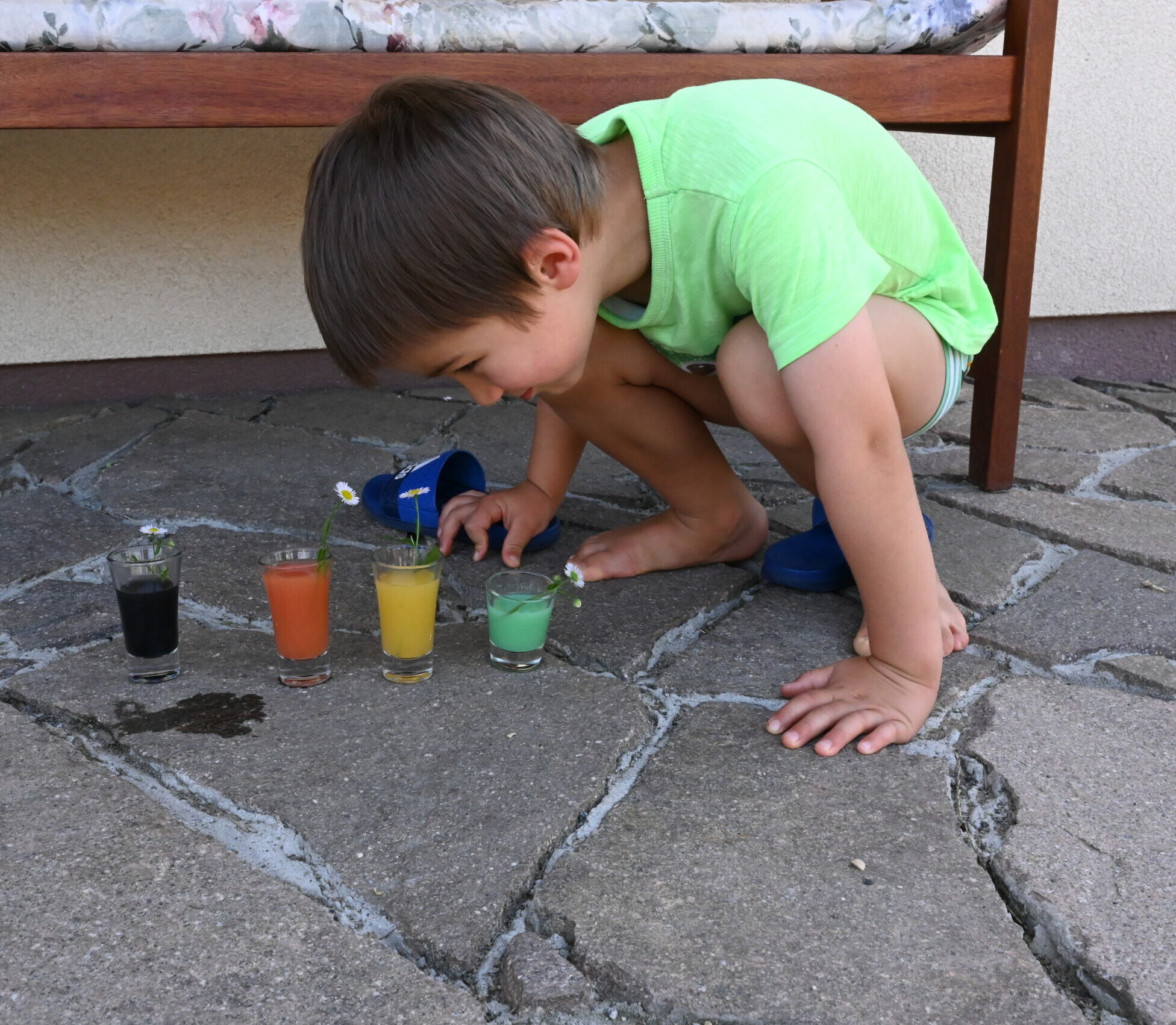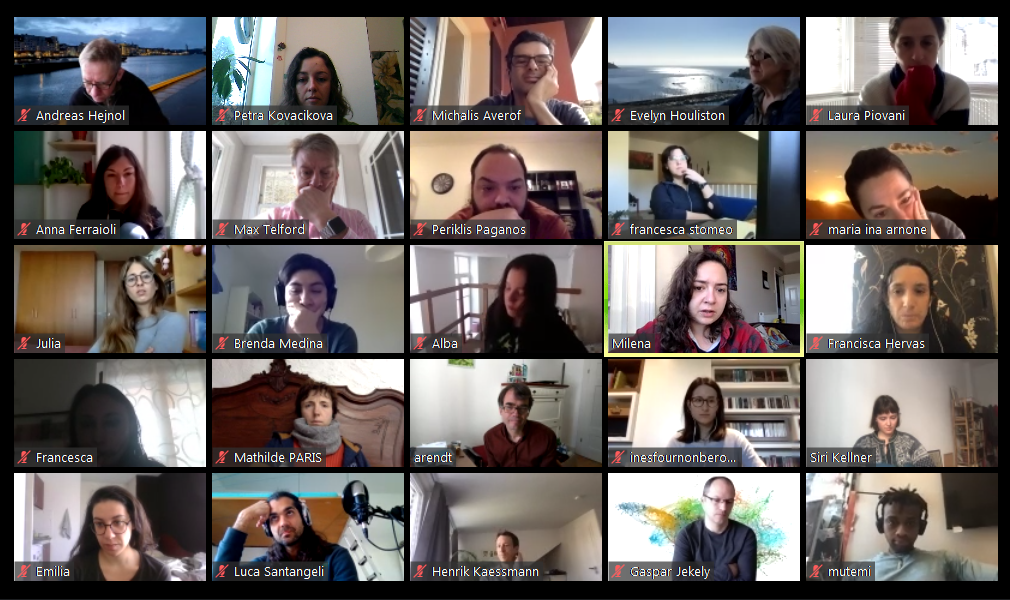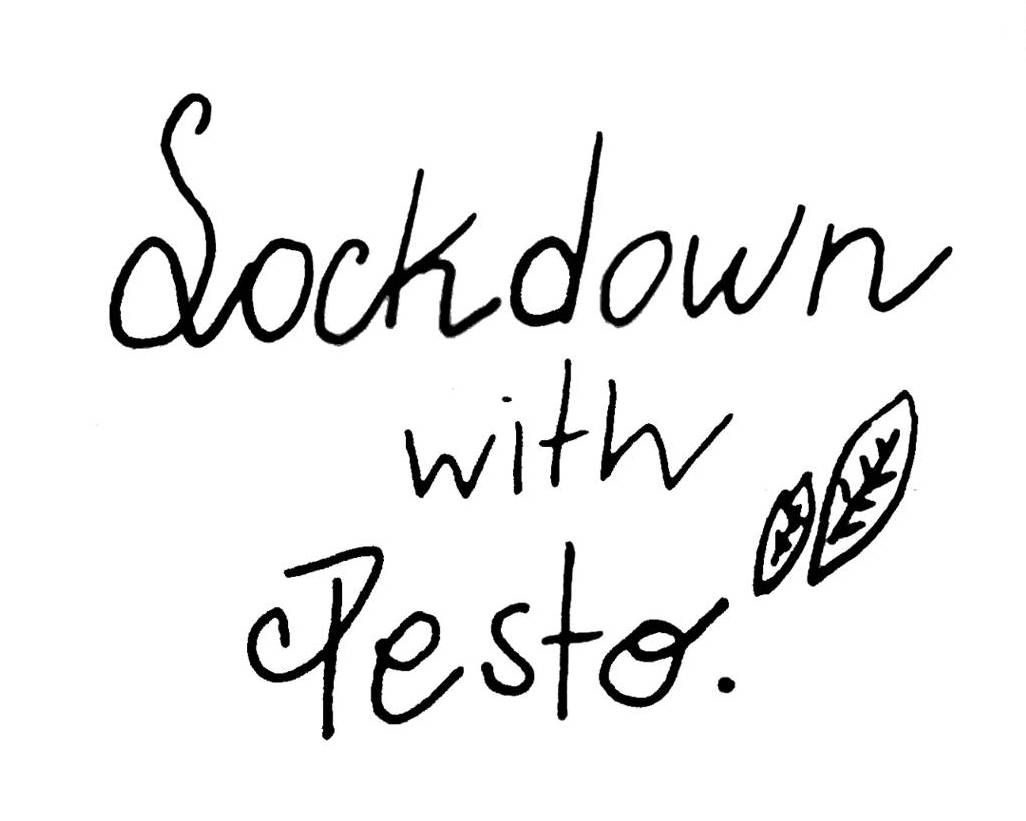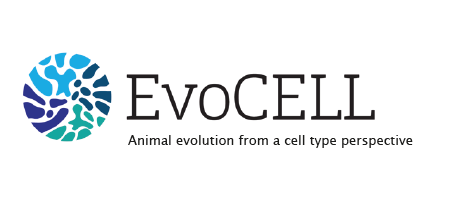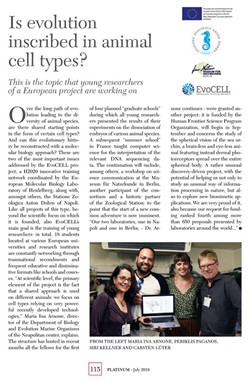DISCOVER HOW WE SEE THE EVOLUTION OF LIFE FROM A CELL TYPE PERSPECTIVE
Eleven young scientists share their research, perspectives, and PhD life at 10 different research organisations from 6 European countries, all connected through the EvoCELL network and a common interest in the genome, cells, and animal evolution.
Latest Posts:
(Not so) Live from the Lab: Our Talk Series is on YouTube
As a collective effort to find the best way to talk about our research with our peers, last December we organised a series of live talks to try and answer the question: What did animal ancestors look like? In keeping with the wretched zeitgeist of 2020, we did this...
read moreLive from the Lab: Stories of Animal Ancestors
Have you ever wanted to travel back in time and understand how animal life came to be? This series might be your best chance. Join researchers as they ask the same overarching question: what did animal ancestors look like? In an attempt to answer this question, we will discuss modern methods in science, take a look at the fossil record, how cells shape the bodies of different animals and how they evolve. Bring along your burning questions on the origins and evolution of animal life and join in the discussion.
read morePOSITION FILLED: Graduate Research Assistant: Early Stage Researcher – Living Systems Institute
A Graduate Research Assistant Early Stage Researcher post is available immediately until the end of December 2021 at the Exeter Campus funded as part of an EU H2020 Marie-Sklodowska Curie Innovative Training Network. The one year post includes a PhD programme within the College of Life and Environmental Sciences.
read morePOSITION FILLED: EvoCELL Short term Early Stage Researcher (MSCA): User Experience/lnteraction designer for the development of an online exhibition prototype
Our Mission: Discovering and describing /ife and earth - with peop/e, through dia/ogue. The Museum für Naturkunde - Leibniz Institute tor Evolution and Biodiversity Science is an excellent and integrated research museum within the Leibniz Association. lts activities...
read moreVeda pre všetkých & encounters outside the comfort zone
When basic experiments are not so basic and when your eyes are biased by your hypothesis. Let’s keep our minds and (re)sources open 😉
read morePosition filled: Bioinformatics Trainee – EvoCELL Short-term Early Stage Researcher (MSCA)
About the team/job The position is available from the EvoCELL Marie Skłodowska-Curie Innovative Training Network (www.evocell-itn.eu). EvoCELL comprises 12 European partner laboratories working together to investigate the evolution of animal cell types by comparative...
read morePause for a pint in pandemic times
How we zoom in on each other in challenging times, how I joined Norwegian pint to talk about Red sausages and past&present
read more3 minute thesis challenge – Spoiler I did not win!
Hi all, I'm back to talk about something I tried out recently: explaining my thesis in under 3 minutes... I somehow decided it would be a good idea to partecipate to this event after receiving an enticing email from my university. I thought "it will take me only 3...
read moreLockdown with Pesto
Hi all, Long time no see! As the, real, wet, messy science is on hold due to a global pandemic I decided to sketch something for the category “off science”. So, embrace yourself for cuteness and lightness! And meet Pesto, the black kitten. Part 1:Part 2:
read moreClosed: Bioinformatics Analyst – EvoCELL Short term Early Stage Researcher (MSCA)
About the team/job The EvoCELL network comprises 11 European partner laboratories joining forces to elucidate the evolution of animal cell types by comparative whole-body single-cell RNA-seq approaches. We are looking for a skilled bioinformatician to set up and...
read moreLatest Video feeds:

POSITION FILLED: Graduate Research Assistant: Early Stage Researcher – Living Systems Institute
A Graduate Research Assistant Early Stage Researcher post is available immediately until the end of December 2021 at the Exeter Campus funded as part of an EU H2020 Marie-Sklodowska Curie Innovative Training Network. The one year post includes a PhD programme within the College of Life and Environmental Sciences.

POSITION FILLED: EvoCELL Short term Early Stage Researcher (MSCA): User Experience/lnteraction designer for the development of an online exhibition prototype
Our Mission: Discovering and describing /ife and earth - with peop/e, through dia/ogue. The Museum für Naturkunde - Leibniz Institute tor Evolution and Biodiversity Science is an excellent and integrated research museum within the Leibniz Association. lts activities...

